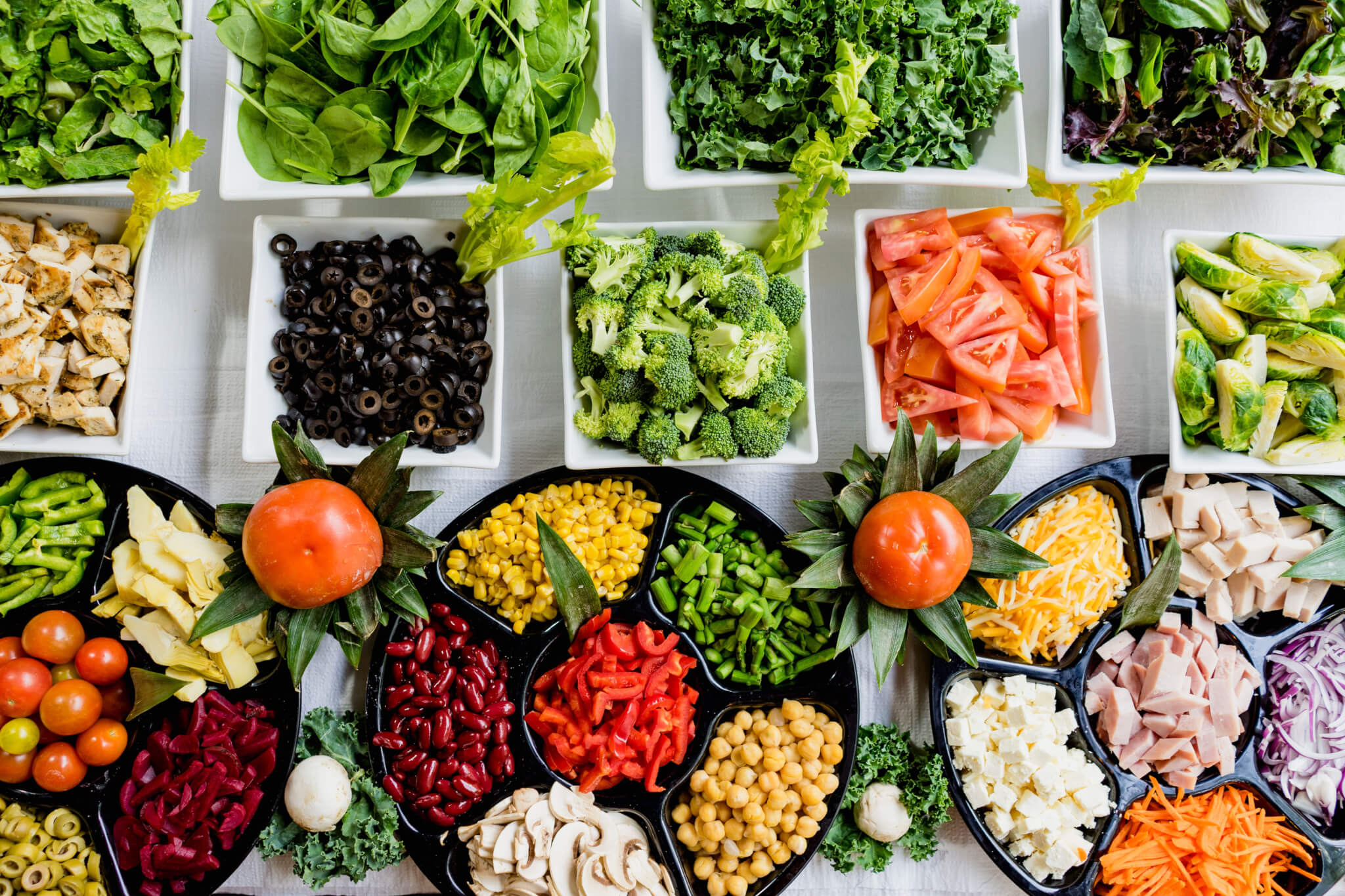Food safety is of utmost importance in maintaining public health and preventing the spread of diseases. Within the realm of food safety, one significant aspect to consider is the prevention of biological hazards. Biological hazards refer to the presence of harmful microorganisms, such as bacteria, viruses, parasites, and fungi, in food that can cause illness when consumed. In this article, we will explore various food safety practices that play a vital role in preventing biological hazards and safeguarding consumer well-being.
Importance of Food Safety Practices
Ensuring food safety is crucial to protect consumers from the risks associated with biological hazards. By implementing effective food safety practices, foodborne illnesses can be minimized, leading to healthier communities and reduced healthcare costs. Additionally, maintaining high food safety standards enhances consumer confidence in brands and establishments, fostering trust and loyalty.
Understanding Biological Hazards
Before delving into preventive measures, it is essential to understand what biological hazards are and where they originate. Biological hazards encompass various microorganisms that can contaminate food and pose a threat to human health. These hazards can include bacteria like Salmonella and E. coli, viruses such as norovirus, parasites like Cryptosporidium, and molds like Aspergillus. These organisms can enter the food supply chain through several sources, including raw ingredients, contaminated water, improper handling, or poor sanitation practices.

Definition and Types of Biological Hazards
Biological hazards can be classified into different categories based on the type of microorganism involved. Bacteria are the most common biological hazards, with species like Salmonella, Campylobacter, and Listeria monocytogenes posing significant risks. Viruses, such as norovirus and hepatitis A, can also contaminate food, especially through improper handling. Parasites like Cryptosporidium and Trichinella are less frequent but can still cause severe illnesses. Finally, molds and fungi, although primarily associated with spoilage, can produce toxins that pose health risks. Discover How to Make a Bacon Quiche
Common Sources of Biological Hazards in Food
Biological hazards can enter the food supply chain through various sources. Raw meat, poultry, and seafood are common carriers of bacteria like Salmonella and Campylobacter. Fresh produce can become contaminated through contact with animal feces or contaminated water sources. Dairy products, if not properly pasteurized, can harbor harmful bacteria like Listeria monocytogenes. Additionally, food handling practices, such as improper handwashing or cross-contamination between raw and cooked foods, can introduce biological hazards.
Food Safety Practices to Prevent Biological Hazards
To mitigate the risk of biological hazards, it is essential to implement specific food safety practices. These practices should be followed by all individuals involved in the production, preparation, and serving of food. The following are some key practices to consider:
Personal Hygiene
Maintaining good personal hygiene is crucial to prevent the spread of biological hazards. Food handlers should regularly wash their hands with soap and warm water before handling food, especially after using the restroom, coughing, or sneezing. Additionally, wearing clean uniforms or protective clothing and hairnets can minimize the risk of contamination.
Proper Handwashing Techniques
Proper handwashing techniques are paramount to remove potential pathogens from hands. Food handlers should wet their hands, apply soap, rub hands together for at least 20 seconds, rinse thoroughly, and dry with a clean towel or air dryer. Hand sanitizers can be used as an additional measure, but they should not replace handwashing.
Safe Food Storage
Proper food storage is essential to prevent the growth and spread of biological hazards. Refrigerated foods should be stored at appropriate temperatures to slow down bacterial growth. Raw and cooked foods must be kept separate to avoid cross-contamination. Additionally, perishable foods should be consumed before their expiration dates to minimize the risk of foodborne illnesses.
Cooking Food to Appropriate Temperatures
Cooking food to appropriate temperatures is a critical step in killing harmful microorganisms. Different types of food require specific internal temperatures to ensure safety. For instance, poultry and ground meats should be cooked to an internal temperature of 165°F (74°C), while steaks and roasts can be cooked to a minimum of 145°F (63°C). Using a food thermometer is an effective way to gauge the internal temperature and ensure proper cooking.
Cross-Contamination Prevention
Cross-contamination occurs when harmful microorganisms spread from one surface to another, such as from raw meat to ready-to-eat foods. To prevent cross-contamination, it is vital to use separate cutting boards and utensils for raw and cooked foods. Surfaces and utensils should be cleaned and sanitized between uses to avoid the transfer of pathogens.
Cleaning and Sanitizing
Regular cleaning and sanitizing of food preparation surfaces, equipment, and utensils are crucial in preventing the buildup and spread of biological hazards. Using appropriate sanitizers and following manufacturer instructions can help eliminate bacteria and other microorganisms effectively. Additionally, maintaining a clean environment overall, including proper waste management, contributes to food safety.
Examples of Food Safety Practices in Action
Many food establishments and brands have successfully implemented robust food safety practices. For example, fast-food chains often have strict protocols in place for handwashing, cooking temperatures, and cross-contamination prevention. Similarly, reputable food manufacturers adhere to rigorous quality control processes, including regular testing and inspections to identify and eliminate biological hazards.
Importance of Regular Inspections and Audits
Regular inspections and audits play a vital role in ensuring compliance with food safety practices. Health departments, regulatory agencies, and third-party organizations often conduct inspections to evaluate establishments’ adherence to food safety guidelines. These assessments help identify areas for improvement and reinforce the importance of maintaining high standards to prevent biological hazards.
Conclusion
Preventing biological hazards in the food supply chain is crucial to safeguard public health. By implementing effective food safety practices, such as personal hygiene, proper handwashing, safe food storage, cooking to appropriate temperatures, cross-contamination prevention, and cleaning and sanitizing, the risks associated with biological hazards can be significantly reduced. It is the responsibility of all individuals involved in the food industry, from producers to consumers, to prioritize food safety and ensure the well-being of everyone.
FAQs
- What are the most common biological hazards in food?
- The most common biological hazards in food include bacteria like Salmonella and E. coli, viruses such as norovirus, parasites like Cryptosporidium, and molds like Aspergillus.
- How can personal hygiene practices prevent biological hazards?
- Personal hygiene practices, such as regular handwashing, wearing clean uniforms, and proper hairnets, help minimize the spread of pathogens from food handlers to food.
- Why is proper cooking temperature important in preventing biological hazards?
- Cooking food to appropriate temperatures kills harmful microorganisms and reduces the risk of foodborne illnesses.
- What is cross-contamination, and how can it be prevented?
- Cross-contamination occurs when pathogens spread from one surface to another. It can be prevented by using separate cutting boards and utensils for raw and cooked foods and by regularly cleaning and sanitizing surfaces.
- Why are regular inspections and audits important for food safety?
- Regular inspections and audits ensure compliance with food safety practices, identify areas for improvement, and reinforce the importance of maintaining high standards to prevent biological hazards.





